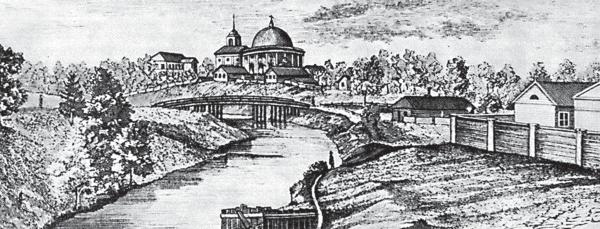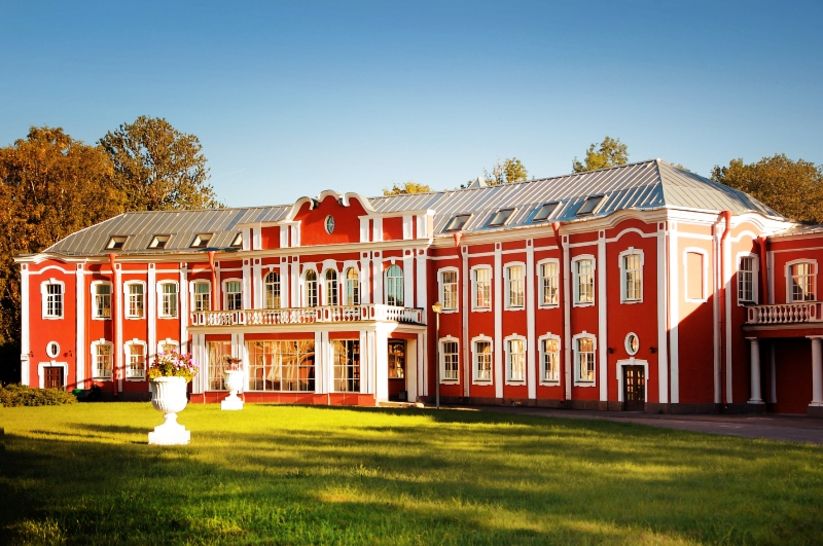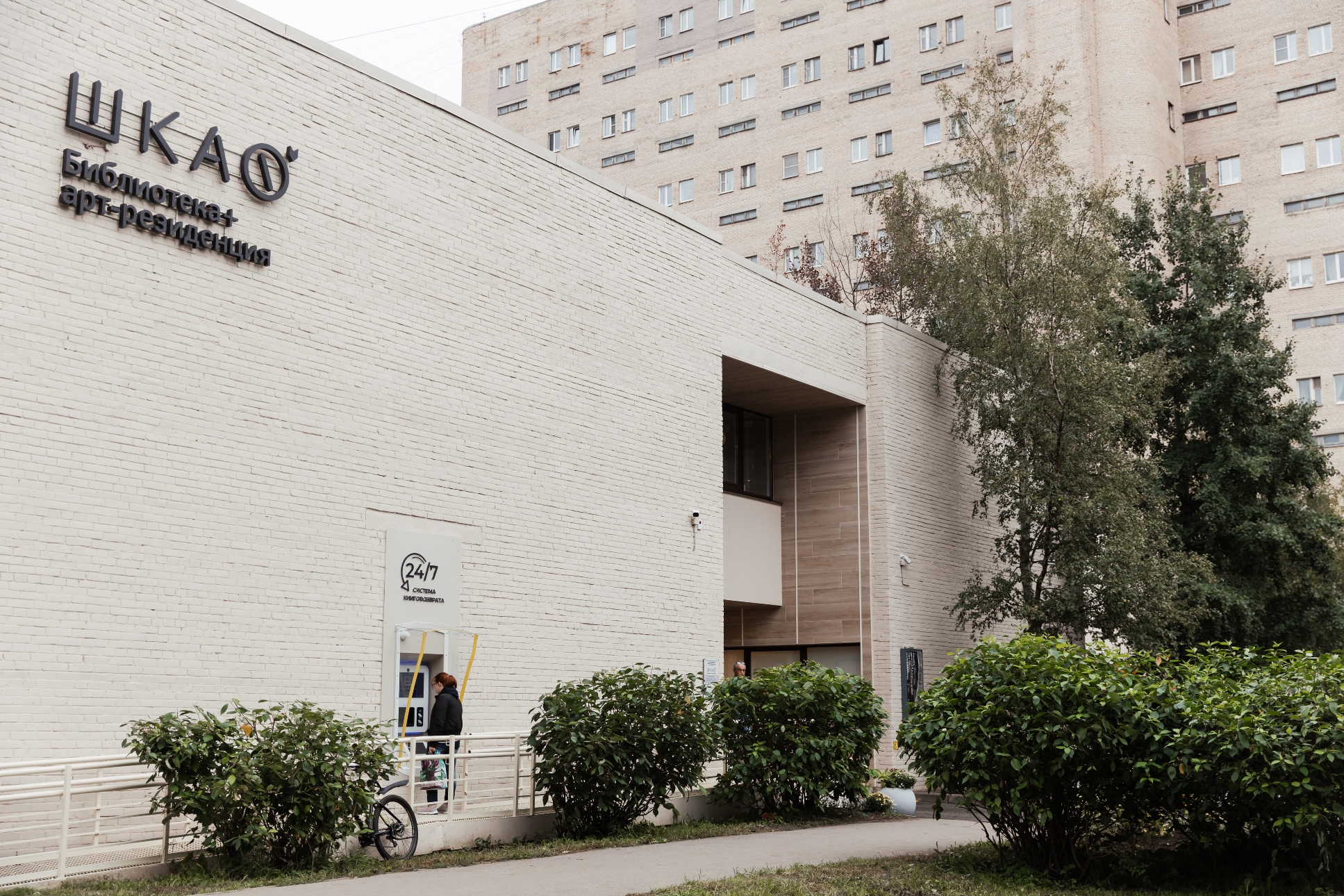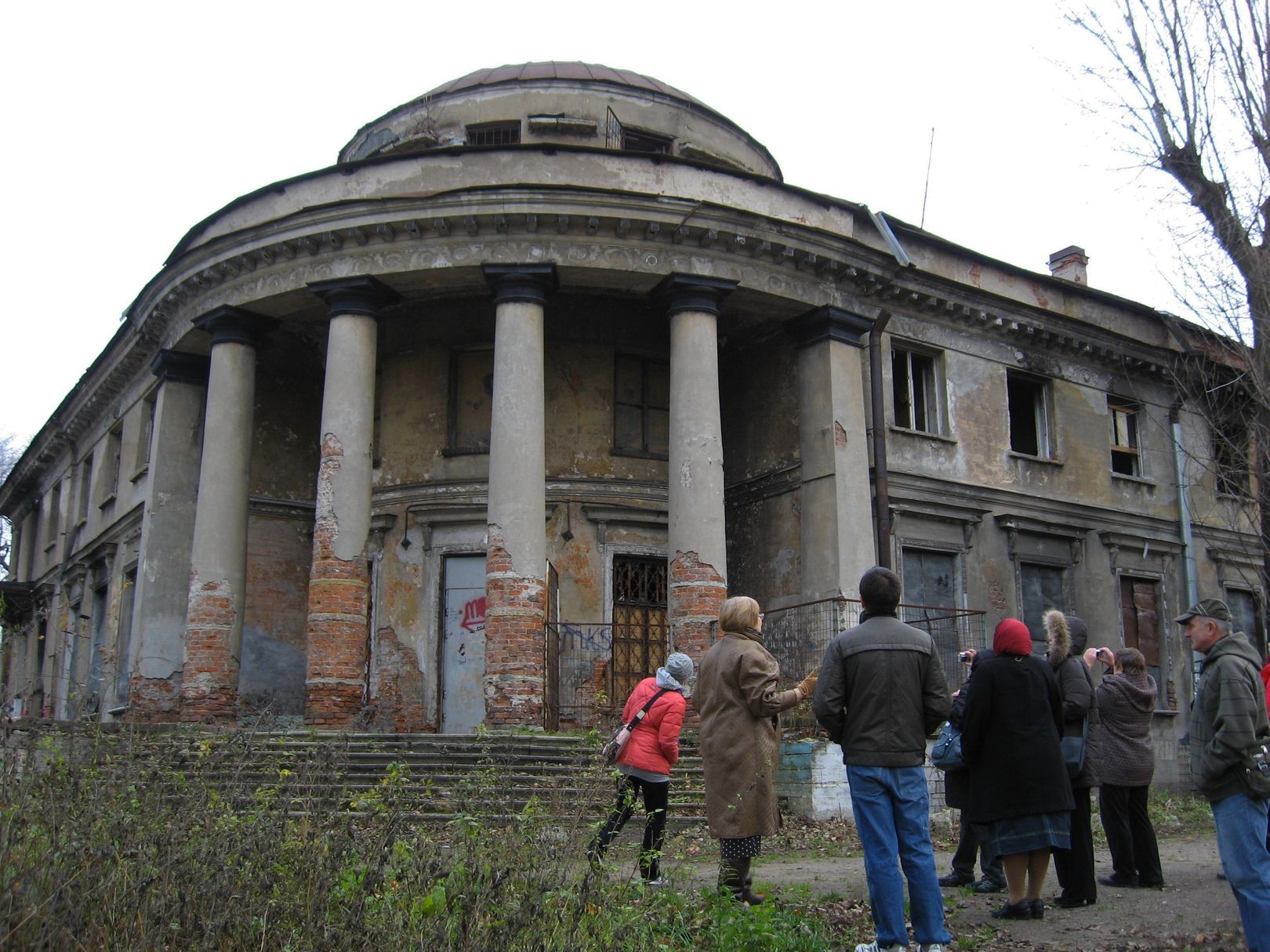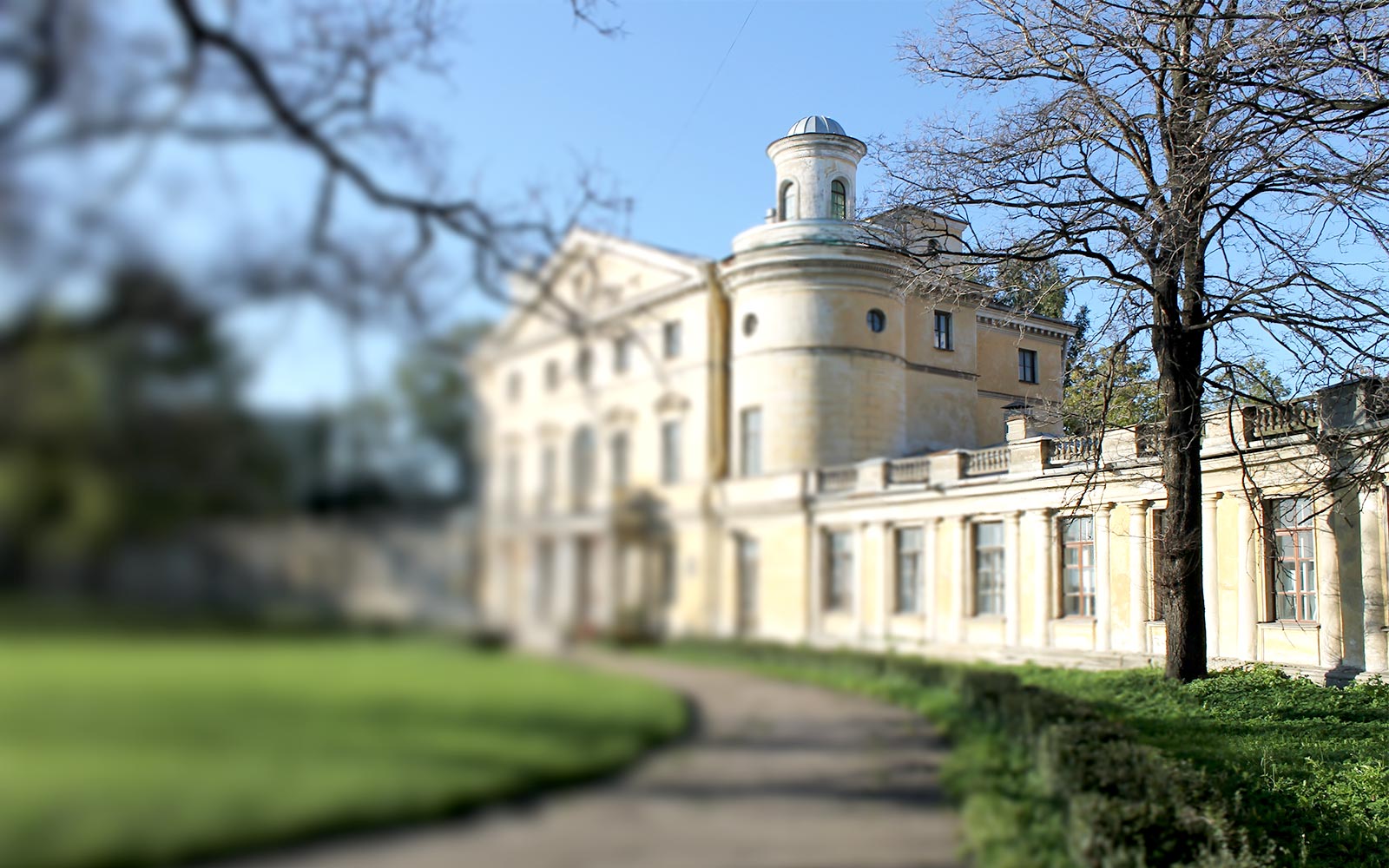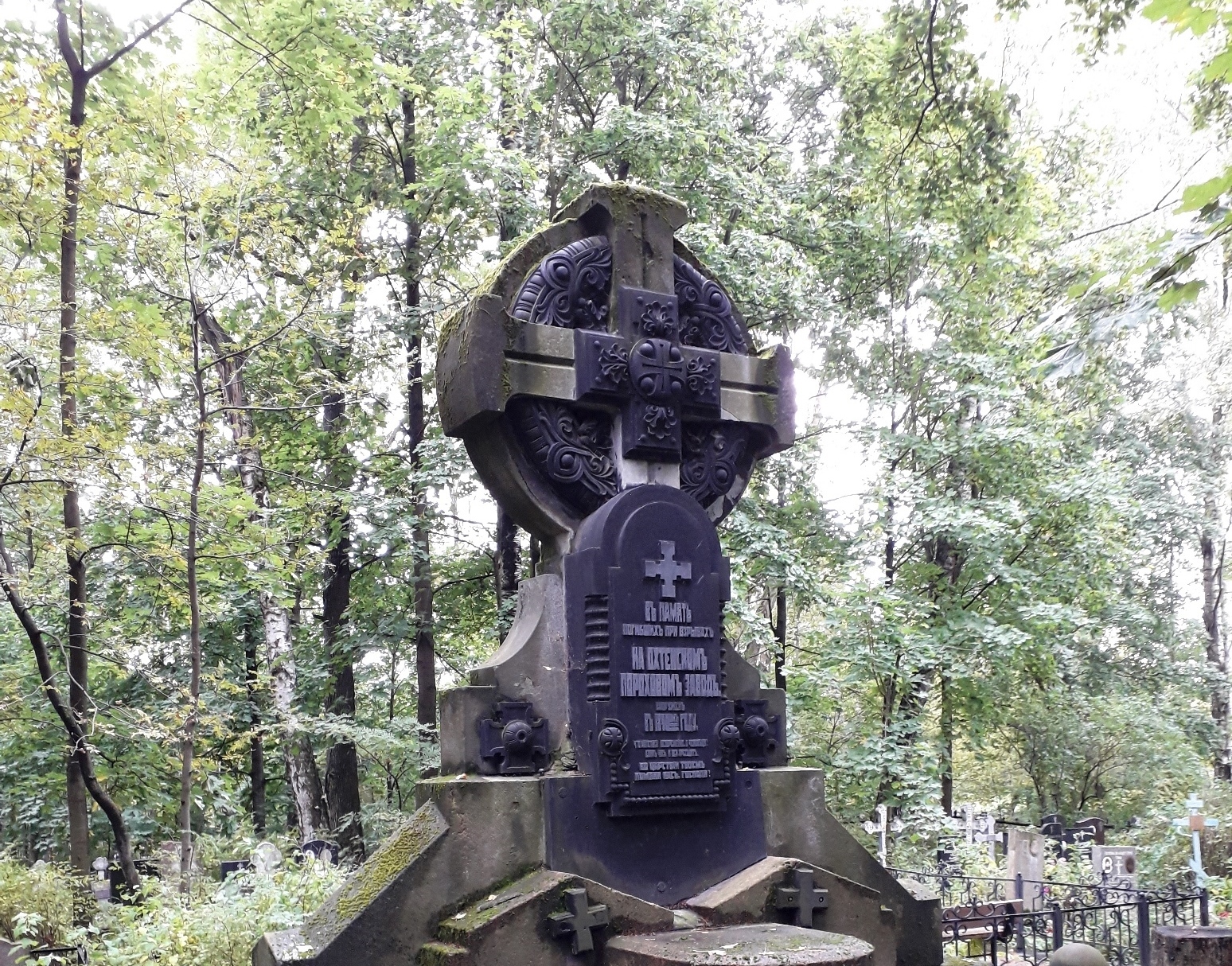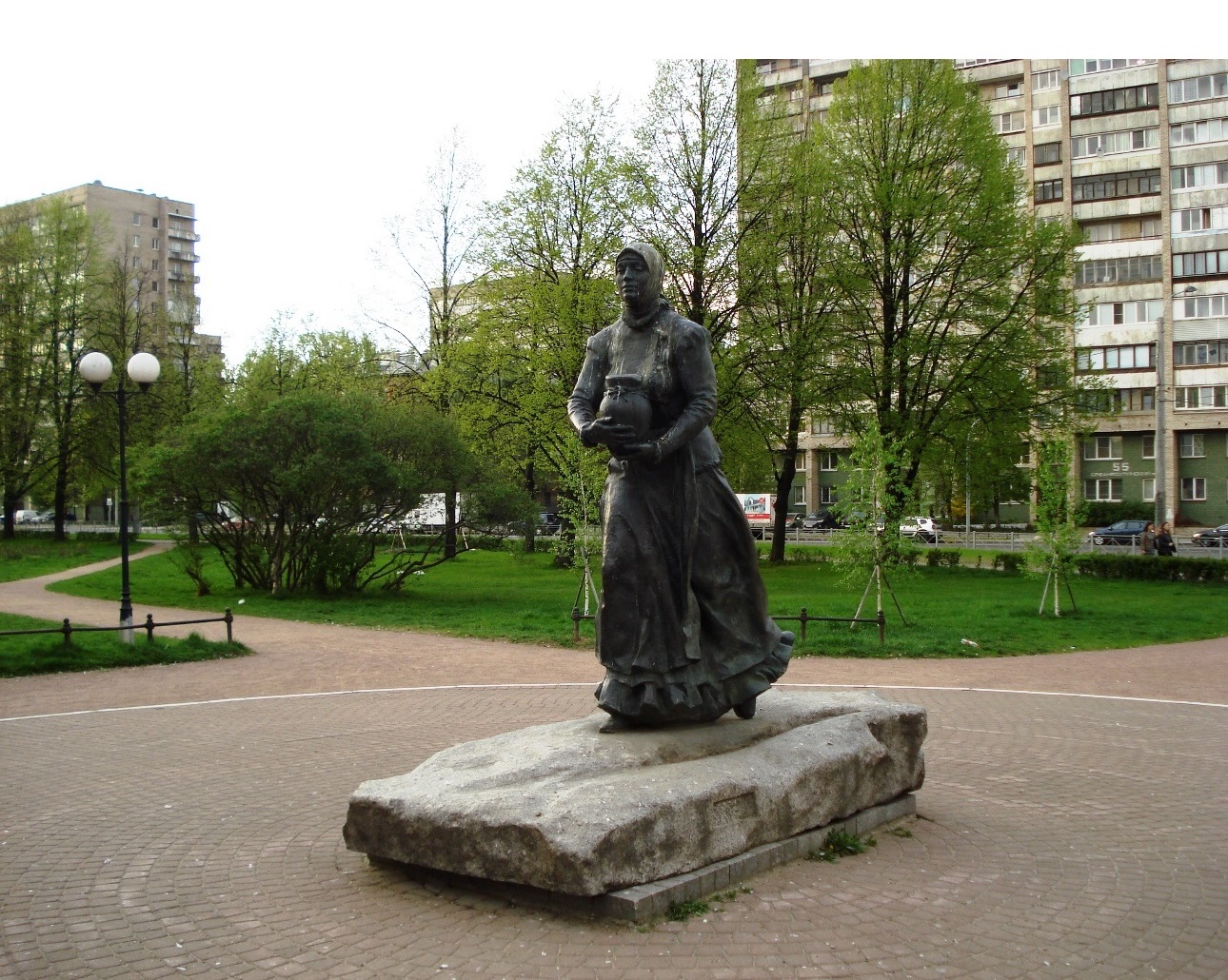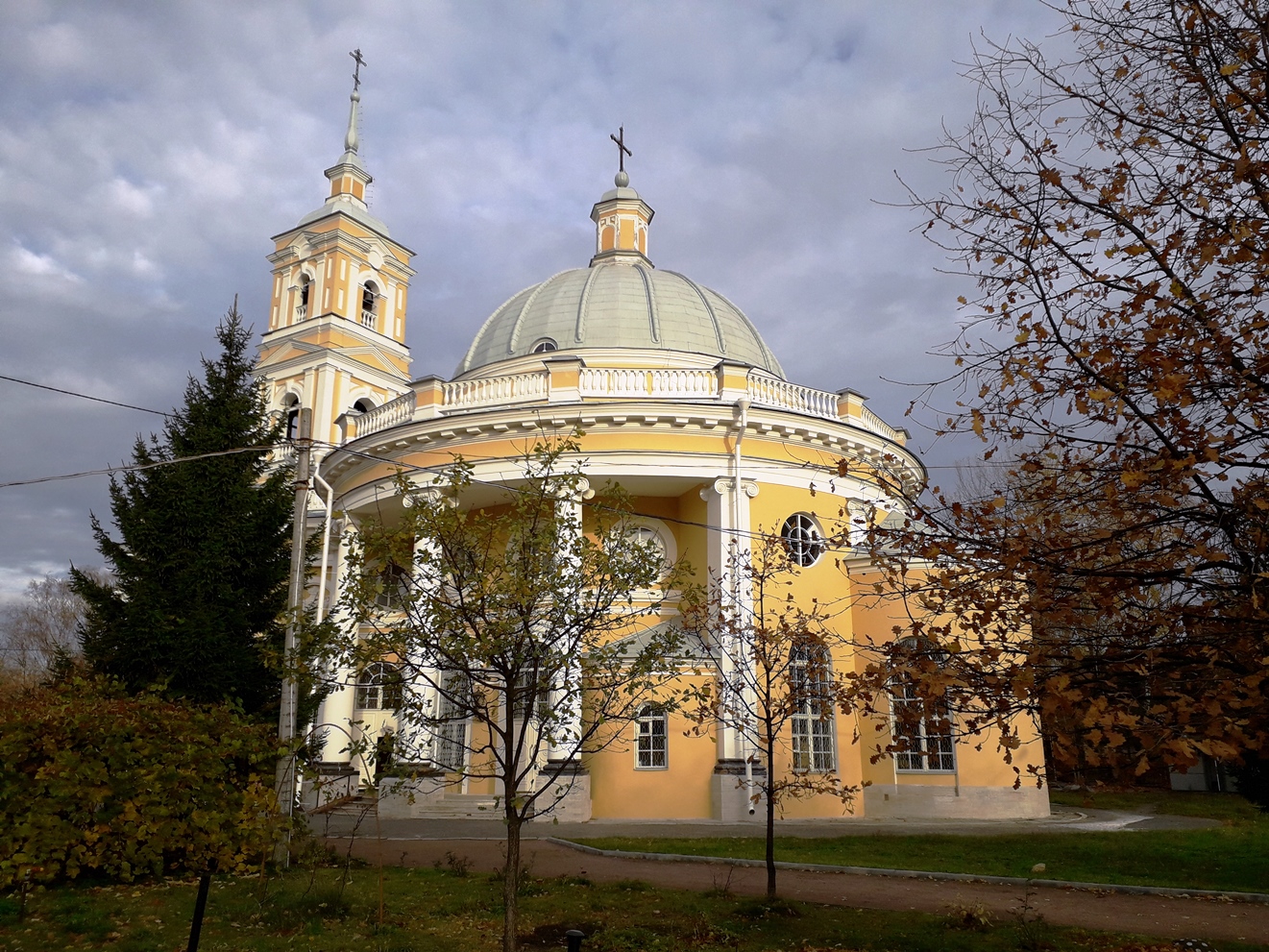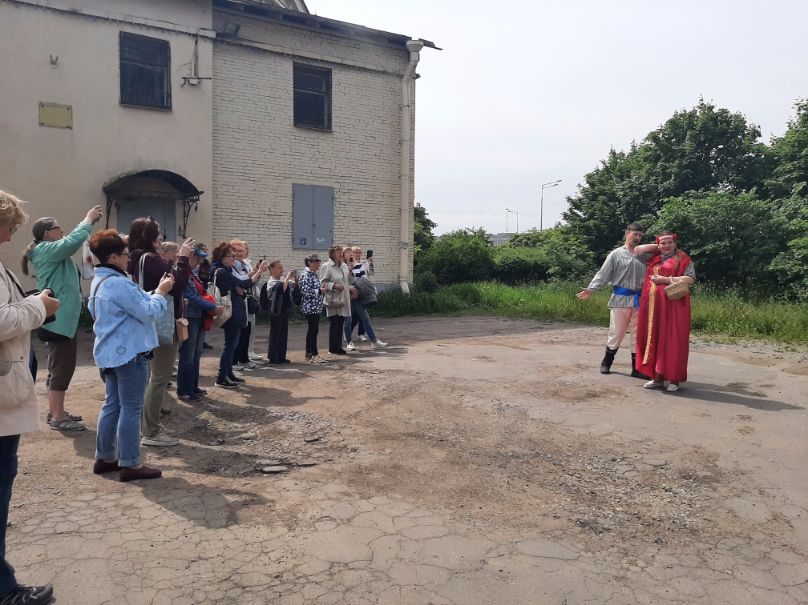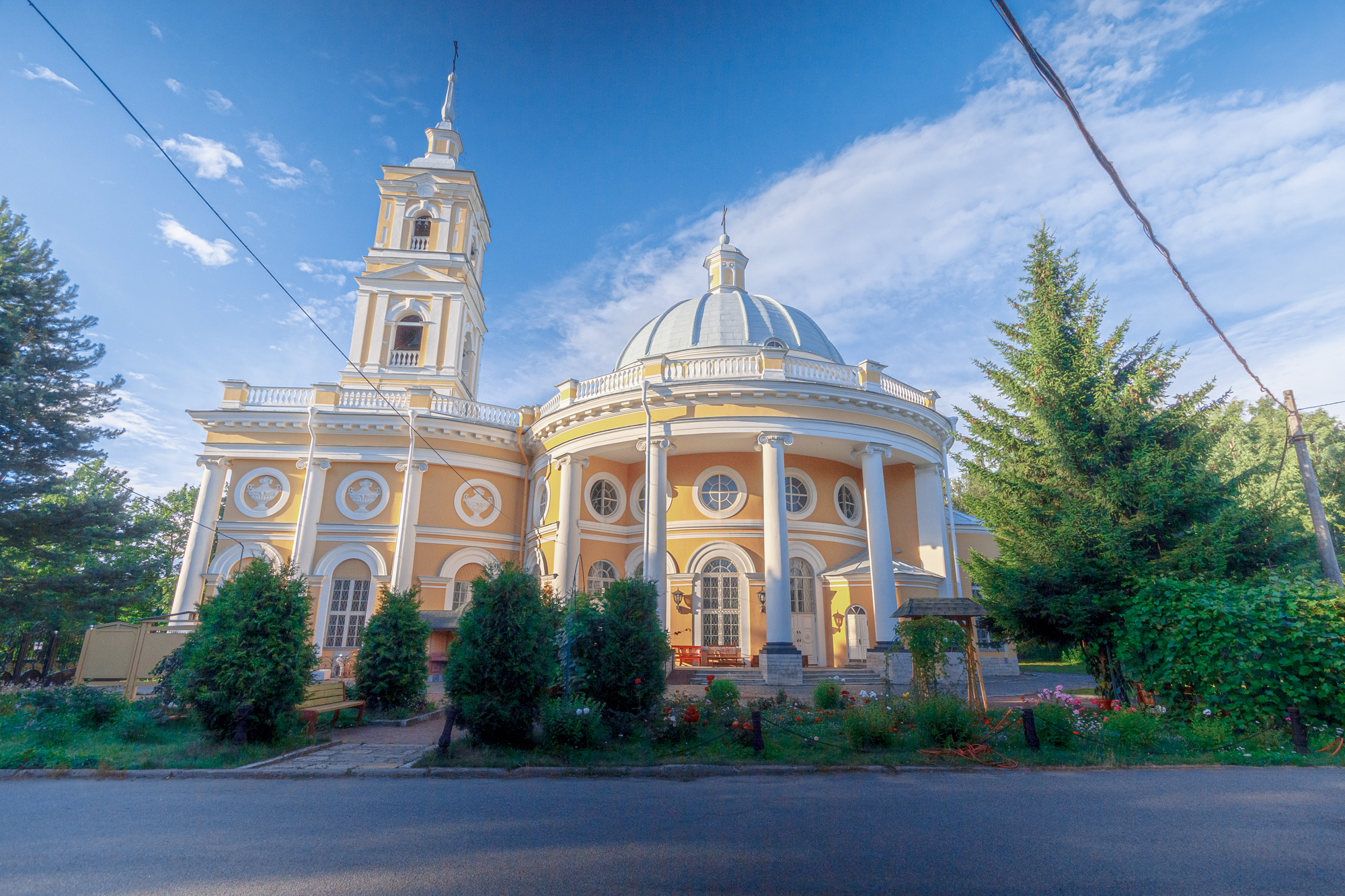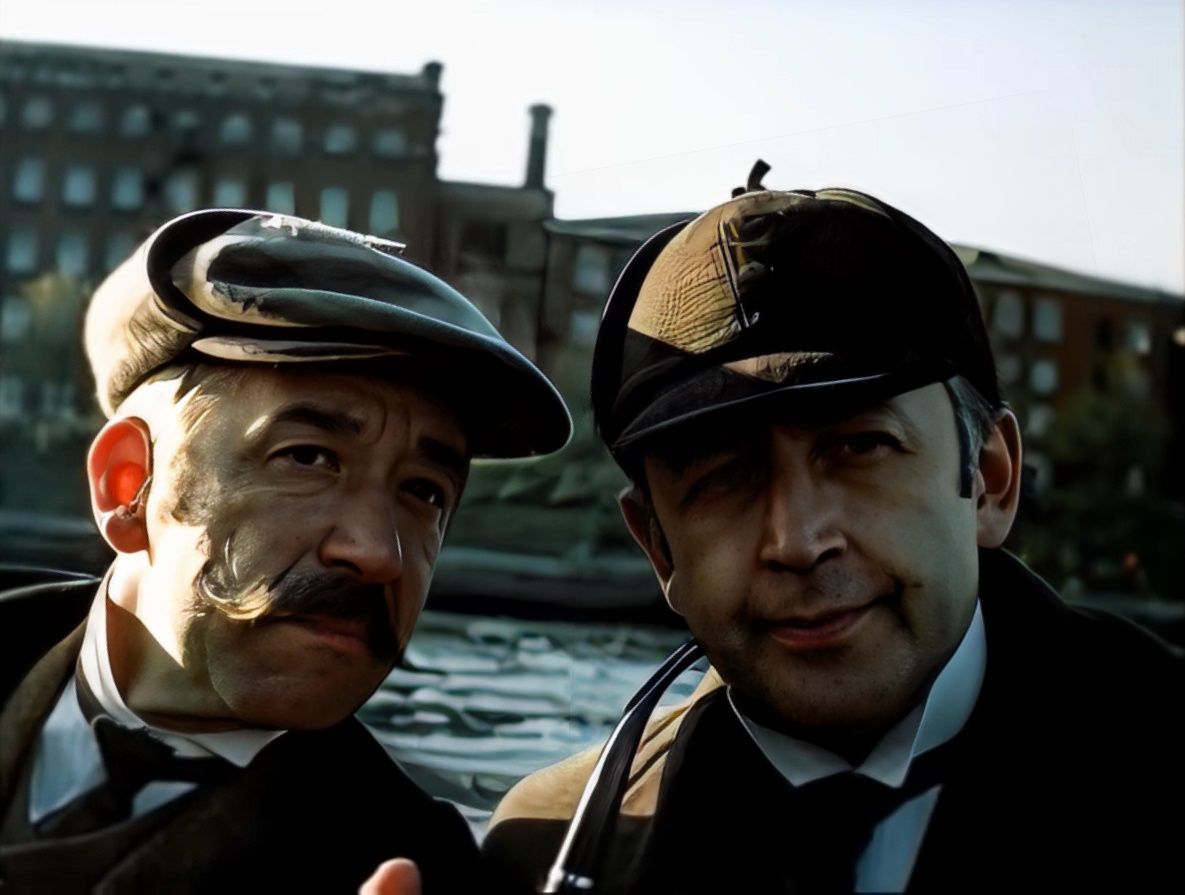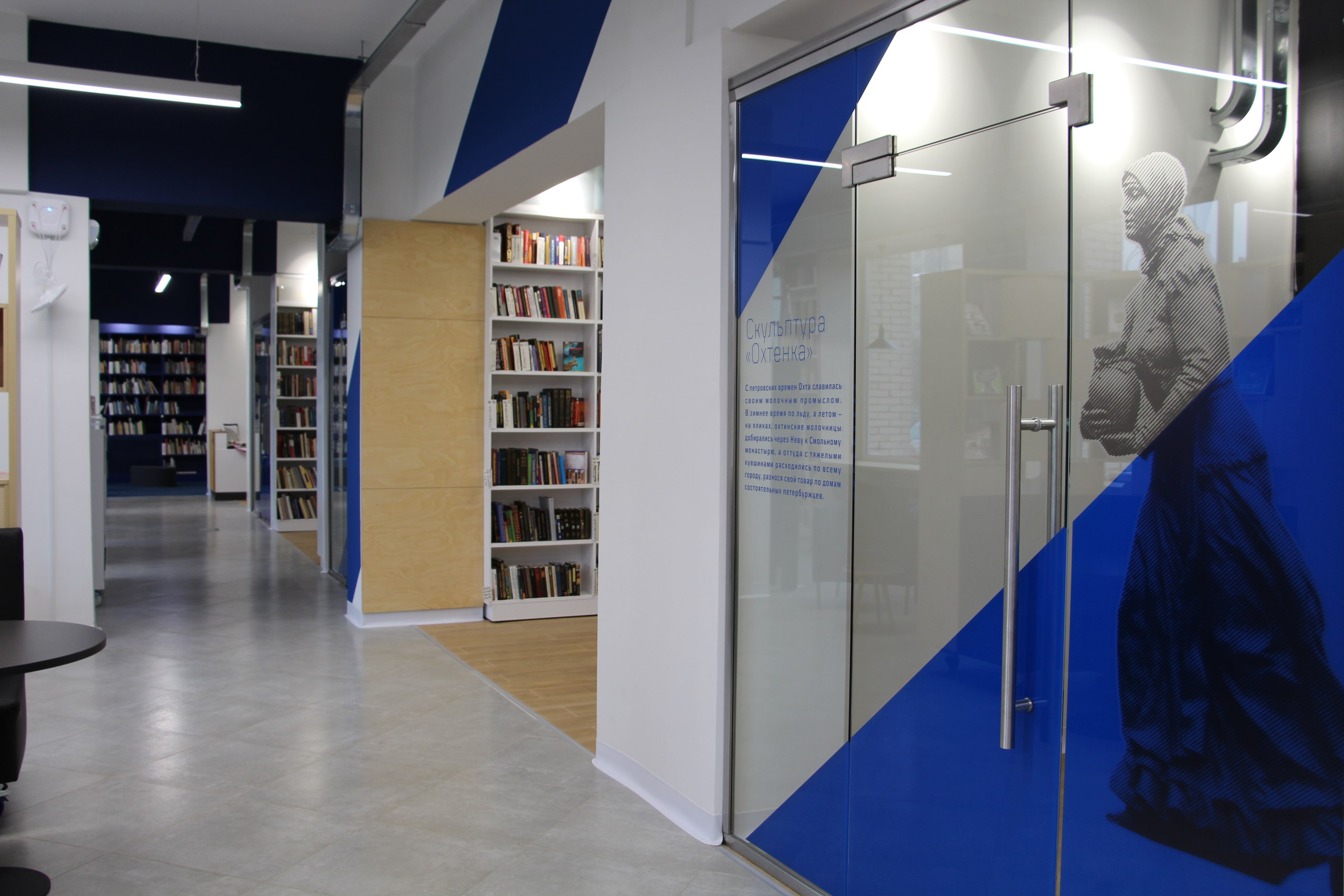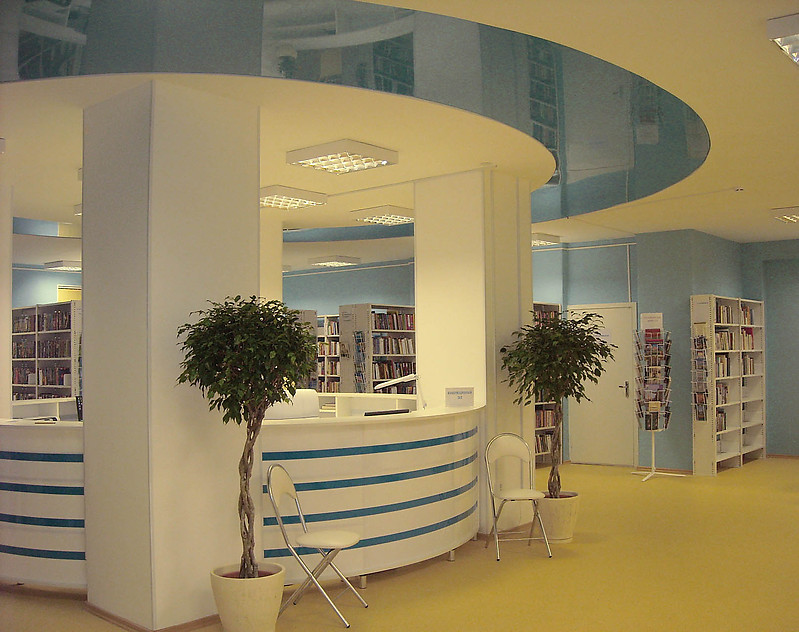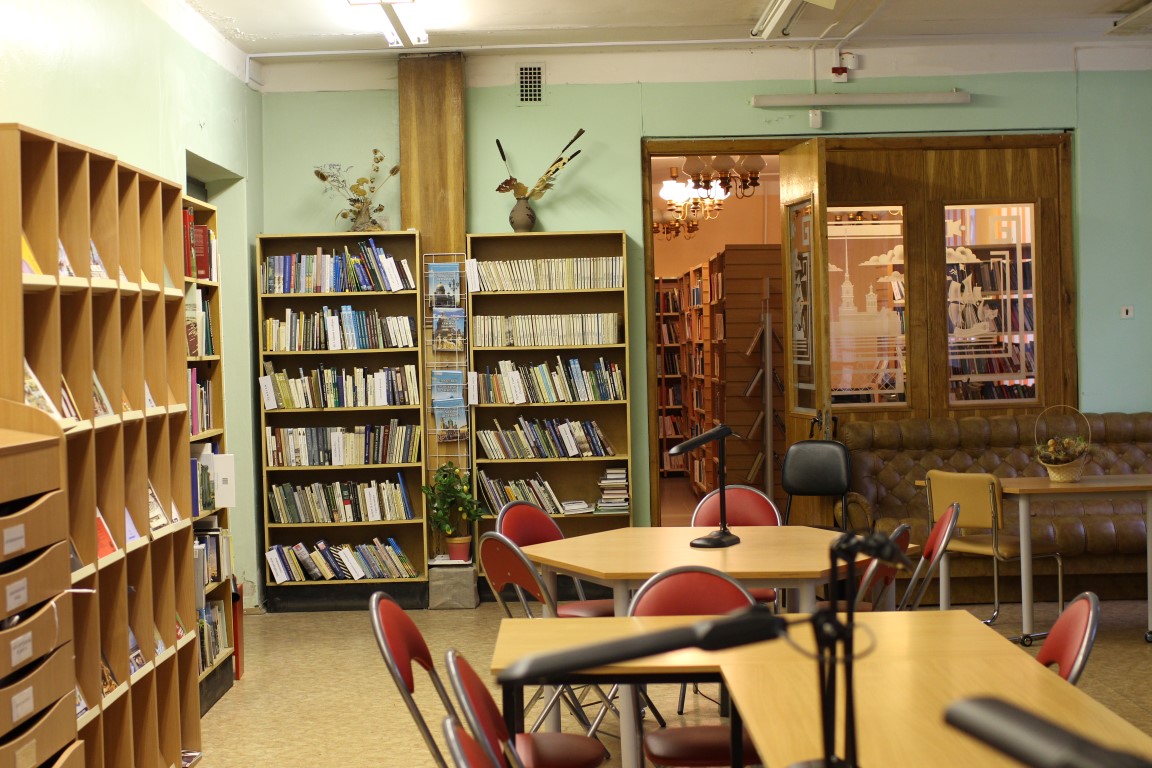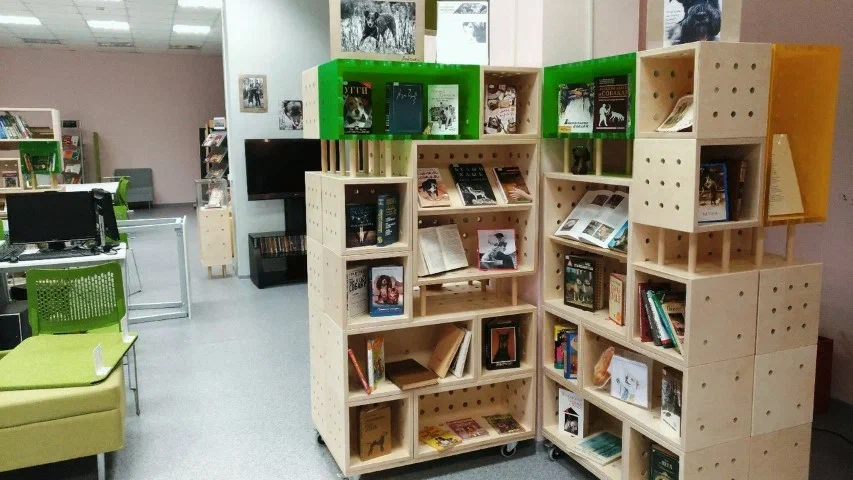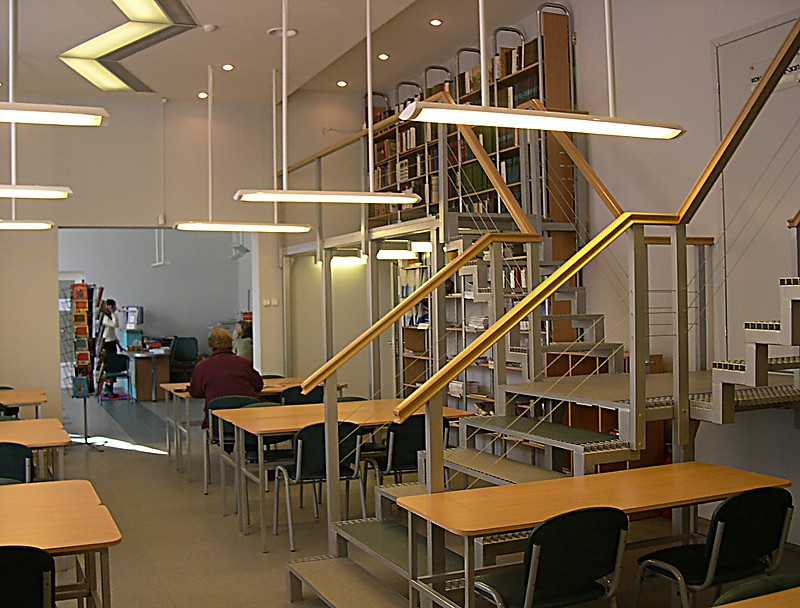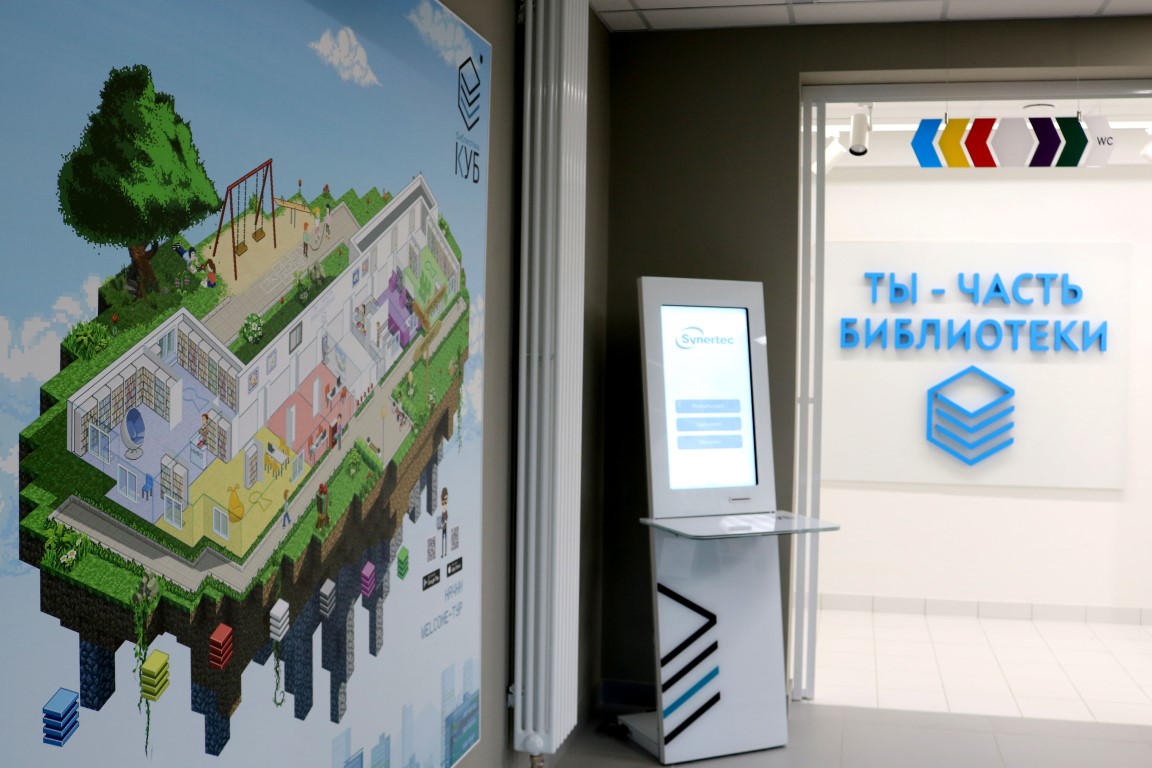One of the most versatile Russian businessmen of the 19th century, whose entrepreneurial activities extended to trade, water and rail transport, banking and insurance, and oil refining. However, Kokorev's interests were not limited to business. He wrote on economic policy issues in the press, engaged in philanthropy, supported creative individuals, and collected works of art.
Vasily Alexandrovich Kokorev (1817-1889) is a person as bright and original as he is contradictory. The future millionaire (or even billionaire) was born, according to various sources, in Vologda or in Soligalich, a district town in the north of the then Kostroma province. Vasily Alexandrovich's social origin also raises questions. Whether he was a native of the bourgeoisie or the son of a middle-class merchant who traded in salt, is not known. But all his biographers are unanimous in one thing: the Kokorevs' family was Old Believers and belonged to the Pomorian Bespovsky consensus. Vasily Alexandrovich kept the faith of his fathers until the end of his days.
Kokorev, in fact, did not receive a systematic education. Having learned to read and count, he, apparently, immediately began to work. True, it is not quite clear in what field young Vasily made his first professional steps. He either began to help his father, who was a “siteltsem” (manager) in drinking houses, or began to work in the family enterprise. The Kokorevs, according to some researchers, owned a small saltworks in Soligalich. (This town owes its name and, perhaps, its origin to the salt works). Be that as it may, the early beginning of labor activity brought certain dividends to energetic and clever Vasily. He acquired not abstract “invaluable life experience”, but concrete knowledge and skills necessary for a businessman. Vasily Kokorev filled the gaps in his education on his own, because he read a lot and enthusiastically.
Alexander Kokorev probably died early, and Vasily at a very young age became a co-owner (along with his uncles) of the above-mentioned salt factory. This enterprise, alas, turned out to be unprofitable and in the late 1830s was closed. However, Vasily Alexandrovich tried to re-profile the family business, which was already breathing on a languor, by organizing a water resort at the local mineral springs. In 1841, thanks to Kokorev's efforts, a water treatment center was opened in Soligalich. It is curious that in 1858 Alexander Porfirievich Borodin, a doctor of medicine, nowadays known primarily as a composer, came there. He produced chemical analyzed customs water and highly evaluated their target properties. (Results of research solihalich soleno-mineral water was publicized in 1859. According to available information, a large article was published in the newspaper “Moscow Vedomosti”, the introductory part of which was written by Vasily Kokorev and the main part by Alexander Borodin. The latter was soon published as a separate brochure). On the recommendation of the future author of the “Knyaz Igor” is expanded. Today the name A. P. Borodin nasit sanatorium, located in the park zone in the center Soligalich.
After the closure of the factory owned by the Kokorevs, Vasily Alexandrovich, as he himself wrote later, “was forced out of the district life to St. Petersburg to seek for a paid-off occupation”. In the early 1840s, he became a solicitor to a wine merchant and was very successful in the alcoholic field. Kokorev must not have considered this kind of activity sinful for an Old Believer and did not suffer from remorse. Lev Yakovlevich Lurie in his book “Petersburgers. Russian capitalism. The first attempt“, the first chapter of which (”Oligarchs“) begins with a story about Vasily Kokorev (”Billionaire from Soligalich"), explains this paradox very simply: ”For Kokorev drinking people - not a special sin. Drunkenness is a personal vice. Payoffs bring money to the treasury, but one should strive for decent manners. And stealing is sinful. Judging by the research of biographers, first Kokorev was the attorney of one merchant in Orenburg province, then another - in Kazan. In 1844, having gained a lot of experience in this business, he submitted to the Committee of Ministers or directly to the manager of the Ministry (in the near future - the Minister) of Finance Fyodor Pavlovich Vronchenko a note on the transformation of wine purchases. There is information that it was passed through the then Kazan military governor Sergei Pavlovich Shipov, who was a native of Soligalich district and, therefore, a fellow countryman of Kokorev. (Incidentally, Vronchenko and Shipov are intricately connected with Okhta. The name “Count Vronchenko” was given to a wheeled steamer assembled at the Okhta Admiralty in 1850. In 1828 Shipov married Anna Evgrafovna Komarovskaya, daughter of the same Count Komarovsky who owned a cloth factory on the Okhta promontory. Thanks to Evgraf Fedotovich, the name “Komarovsky” appeared on Malaya Okhta. Now it is given to the bridge that connects the banks of the Okhta River and is part of Krasnogvardeyskaya Square. In the past, there was Komarovsky Avenue, which grew out of the alley of the same name).
As researchers note, in this note Vasily Alexandrovich said that the wine trade should be given a more civilized character, and expressed his rationalization proposals in this regard. Revenues from the sale of alcohol at that time amounted to about 45% (almost half!) of all revenues to the treasury (such figures with reference to experts cited by Kokorev biographers), and their increase was a matter of national importance. However, even in such circumstances, the note could have gotten lost, dissolved in the flow of incoming documentation, go unheeded, laid under the table. However, Vronchenko familiarized himself with its contents, and therefore it cannot be ruled out that Shipov really put in a good word for the ambitious fellow countryman. As a result, Kokorev got an opportunity to realize his ideas in Orel (or in the whole Orel province), where the wine payoff was defective (there was a huge debt on it - 300 thousand rubles in silver). The experiment was successful (the debt was paid off in two and a half years) and was repeated for several other faulty buy-backs. Under Kokorev's management they became profitable. However, it was very expensive for the local people. More and more drinking establishments were opened in the buyout territories, the prices for alcohol were ungodly increased, and the quality of “drinks” (already not the most exquisite) decreased, becoming the subject of numerous jokes. The most disgusting liquor was called “Kokorev's Tear” by evil tongues. In the middle of the XIX century the expression “Kokorev vodka” became common, and later even got on the pages of fiction. And Vasily Alexandrovich himself was immortalized in poems and prose. For example, Nikolai Alexeyevich Nekrasov, satirically depicting Moscow in the poem “Petersburg Message” (this is the second part of “Friendly Correspondence between Moscow and Petersburg”), writes that there, among other things, “Kokorev's mind found a shelter”. (In the second half of the 1850s, Vasily Kokorev's articles began to be published in the journal Russky Vestnik, which had just been founded in Moscow). Nikolai Semyonovich Leskov mentions Kokorev in the story “The Life of a Woman”, and Kokorev's vodka in his novel “Nowhere”. Russian writers brought Kokorev out under fictitious names, sometimes openly offensive. However, there were among our writers and those who spoke positively about him. And what a controversy Kokorev's figure caused in the press!
While the people left the last money in the drinking establishments, and the treasury was faithfully replenished, Kokorev's authority in the Ministry of Finance is rapidly growing. Of course, Vronchenko did not approve all of Vasily Alexandrovich's proposals, but the payoff system of alcohol trade was still reformed: in the second half of the 1840s in Russia introduced excise and payoff commission “for the sale of state wine and other beverages. In 1851, Kokorev, who had managed to acquire many connections in government circles, received the title of commercial counselor. Payoff activity served as a kind of springboard for him to storm new heights. Vasily Alexandrovich won the trust of officials, gained the respect of profiteers and other entrepreneurs, gained a huge capital. Becoming a very rich and influential man, Kokorev unfolded the full breadth of his ebullient nature, gave free rein to his energy, imagination, creative initiative. In the second half of the 1850s, he began to explore other spheres of business, impressing with the scope and diversity of his enterprises.
In 1856, with Kokorev's assistance, the Russian Society of Shipping and Trade (ROSST) was established to strengthen the position of our sailors on the Black and Azov Seas. (Russia had been defeated in the Crimean War of 1853-1856, and its interests in the region were compromised. Under the terms of the Paris Peace Treaty, signed in March 1856, the Black Sea was declared neutral. Russia, as well as Turkey, was deprived of the right to have its military fleet there. Both countries were also forbidden to build and maintain their naval bases on the Black Sea coast. In fact, this meant the destruction of the Russian Black Sea Fleet, while Turkey, in case of a new war, had the opportunity to introduce its warships into the Black Sea from the Marmara and Mediterranean Seas. Therefore, the development of merchant shipping was not the only purpose of establishing the Russian Society of Shipping and Trade. It was tacitly assumed that if necessary, ROPiT merchant ships would be used for military tasks). In 1857 Vasily Alexandrovich became a co-founder of the Trans-Caspian Trading Partnership (as far as we know, it was organized for trade with Persia and Central Asia), in 1858 - the Volga-Don Railway Society, in 1859 - the Volga-Caspian Shipping Company “Caucasus and Mercury” and the society “Rural Host”. The domestic oil industry owes a lot to Kokorev. There are data that back in 1857 in Surakhany, relatively close to Baku, he built a plant for processing of kir. This oil-containing rock was used to produce photonaphthyl (photogen), a mineral oil used for lighting. The enterprise operated on cheap local fuel - natural gas, whose burning outlets on the surface are called Baku fires. (Since ancient times, these fires have been an object of veneration for Zoroastrians. Their destroyed sanctuary on the outskirts of Surakhany village was restored, apparently, by Hindus and Sikhs. The Ateshgah fire temple has been preserved here to this day, where representatives of ethno-confessional groups professing Zoroastrianism sometimes come. These are Gebras from Iran and Parsis from India). In 1863 Vasily Kokorev invited Dmitry Ivanovich Mendeleev to his oil refinery on the Apsheron peninsula as a consultant. Thanks to the valuable recommendations of the scientist, who in a few years was to discover the periodic law, the production of kerosene was reorganized and began to bring income. A decade later, in January 1874, Alexander II approved the charter of the Baku Oil Company, one of the founders of which was Kokorev. In the same year, well aware of the importance of transportation infrastructure for the development of industry and the country's economy as a whole, Vasily Alexandrovich became a co-founder of the Ural Railway Company.
At the beginning of the 1860s, the payoff system of liquor sales was abolished (it was replaced by the excise system). This dealt a serious blow to Kokorev's well-being. Paradoxically, but the fact is that Vasily Alexandrovich, having gotten rich on wine payoffs, remained indebted to the state. And was its debtor almost to the end of his days. Researchers explain this by the fact that earned money Kokorev immediately invested in various enterprises, and often took great risks, counting on future profits and the fact that it will be possible to attract the capital of old business partners. Treasury debts forced him to part with the so-called Kokorevsky podvorye, built in 1862-1865 on Sofiyskaya Embankment in Moscow. This multifunctional complex, which included a hotel, stores and commercial warehouses, cost Vasily Alexandrovich two and a half million rubles and was a truly grandiose construction for that time.
But Kokorev would not be Kokorev if failures knocked him out of the saddle. Incredibly enterprising, determined and confident in his abilities, he never gave up, was not afraid to try and make mistakes. In the post-reform years Vasily Alexandrovich turned to several new business spheres, first of all to banking. He took an active part in the creation of the Moscow Merchant Bank, the charter of which was approved by the highest in June 1866. In addition, there is information that Kokorev was elected Chairman of the Board of the Volga-Kama Commercial Bank, founded in St. Petersburg in 1870. A little later Kokorev joined the insurance business. In 1872, he initiated the establishment of the Northern Society of Insurance and Warehouse of Goods with Warrants (in 1879, it was forced to stop warrant operations, after which it became known as the Northern Insurance Society). Another brainchild of Kokorev is the Northern Telegraph Agency, established in 1882. According to available data, Vasily Alexandrovich was the main shareholder (shareholder) of this agency.
The story about Kokorev would be incomplete without mentioning his public activities. Perhaps, especially brightly our hero showed himself in this field after the Crimean (Eastern) War. In February 1856, he organized in Moscow pompous meeting of participants in the defense of Sevastopol, which caused in society contradictory feelings and a very lively discussion. Not everyone liked the celebration of heroes, which was furnished with a merchant's scale and balanced on the edge of bad taste (the festivities, for example, were accompanied by copious libations). During the period of preparation of the peasant reform Kokorev, who held liberal views, acted as a convinced supporter of the abolition of serfdom. In support of the forthcoming reforms, he organized a series of banquets-manifestations, which provoked the anger of the then Governor-General of Moscow Arseny Andreevich Zakrevsky. As a result, Vasily Alexandrovich signed a pledge not to hold “public political meetings or dinners with speeches on state issues”. Some of Kokorev's biographers write that he was even subjected to tacit surveillance.
Kokorev was close to the Moscow Slavophiles and participated in the financing of their periodicals: the journals “Russkaya Obeseda” and “Rural Improvement”, as well as the newspaper “Day”. Vasily Alexandrovich attached great importance to freedom of speech and, possessing an undoubted talent for writing, an inquisitive, perceptive mind, keen observation and profound knowledge of life, never missed an opportunity to speak out on the most topical issues in the press. Among his publicistic works the most famous are the article “A Billion in the Fog” devoted to the liberation of peasants, which was published in the newspaper “St. Petersburg Vedomosti” in 1859, and a number of retrospective articles, originally published in the journal “Russian Archive”, and then combined into a book with the telling title “Economic Failures” (and the subtitle “According to Memoirs from 1837”), which was published in 1887.
Vasily Kokorev was famous for his charitable activities. In particular, he helped the Slavic Committee, allocating significant sums for the implementation of its projects, participated in the work of the temporary commission for the collection and distribution of voluntary donations in favor of victims of the 1867 crop failure, and did a lot for the Pomor community of St. Petersburg.
Despite his extraordinary employment, Kokorev found time for what today would be called a hobby. He was no stranger to beauty, was interested in art and in the 1850s began to collect paintings by Russian and foreign artists. In the early 1860s Vasily Alexandrovich opened a public art gallery in Moscow. There were approximately 500 paintings, including brushes by I. K. Aivazovsky, K. P. Bryullov, O. A. Kiprensky, D. G. Levitsky and other prominent painters. The gallery existed for only about ten years: in the 1870s Kokorev was forced to sell off his remarkable collection due to financial difficulties. Vasily Alexandrovich patronized architects, encouraging their work in the “Russian style”. At his expense, for example, in Moscow was built a marvelous Pogodinskaya hut. In 1884, Kokorev organized in the Tver province Vladimir-Mariinsky orphanage for young artists. Poor students of the Imperial Academy of Arts came there for summer practice, thanks to which the orphanage became known as the Academic Dacha. Today it bears the name of I.E. Repin. Kokorev's services to the Academy of Arts were appreciated at face value: in 1889 the patron of the arts was awarded the title of its honorary member.
Kokorev died in the spring of 1889. His final resting place was the Maloohtinsky Old Believer cemetery in St. Petersburg. It was controlled by the Pomorians, representatives of the very same non-Pope consensus to which Vasily Alexandrovich belonged. Kokorev's death was a colossal loss for the capital's Pomor community, for he had repeatedly stood up for his brothers in faith before the authorities. The funeral, held according to the old rite, became a notable event in the life of our city. It is noteworthy that the family burial place of the Kokorevs has survived. It is located in the eastern corner of the Maloohtinsky cemetery.







